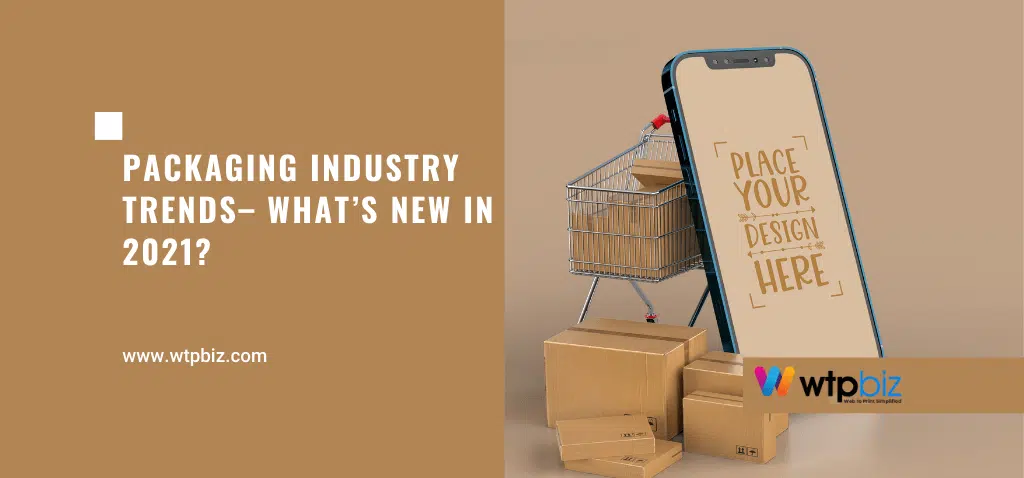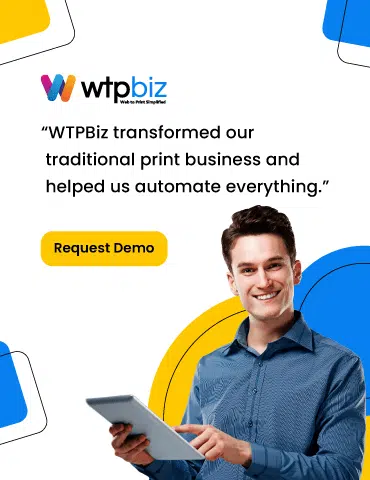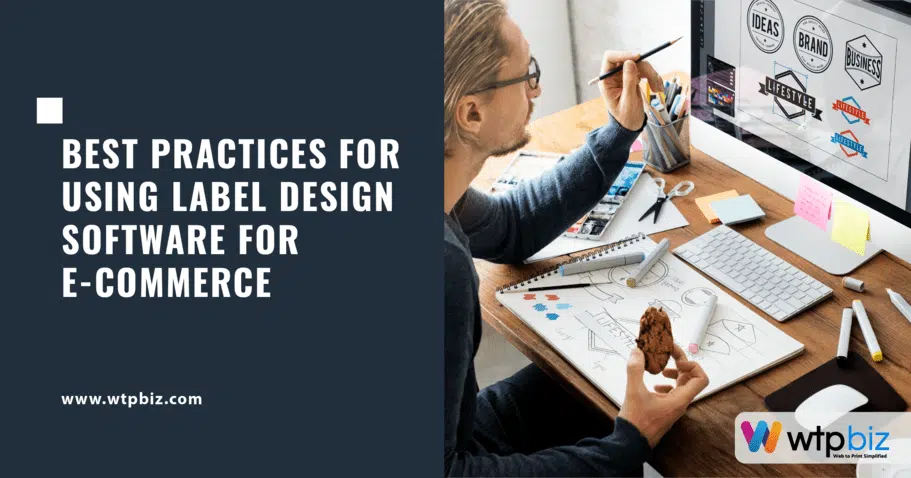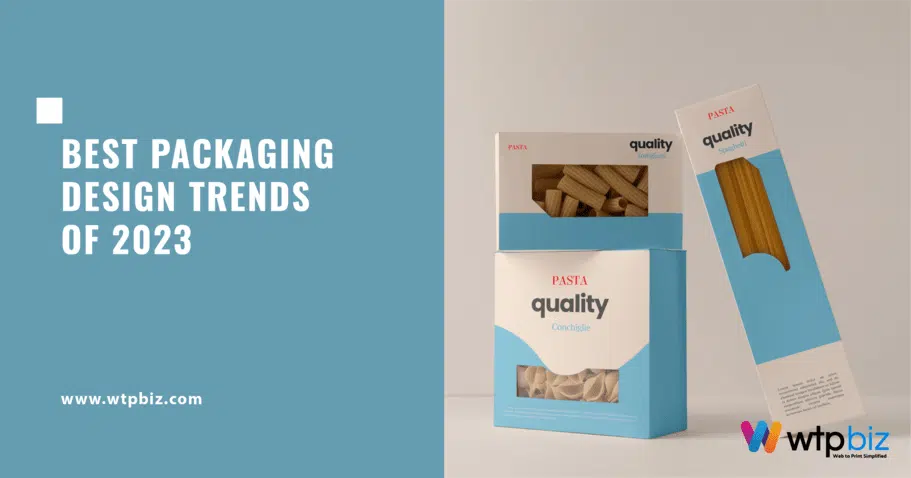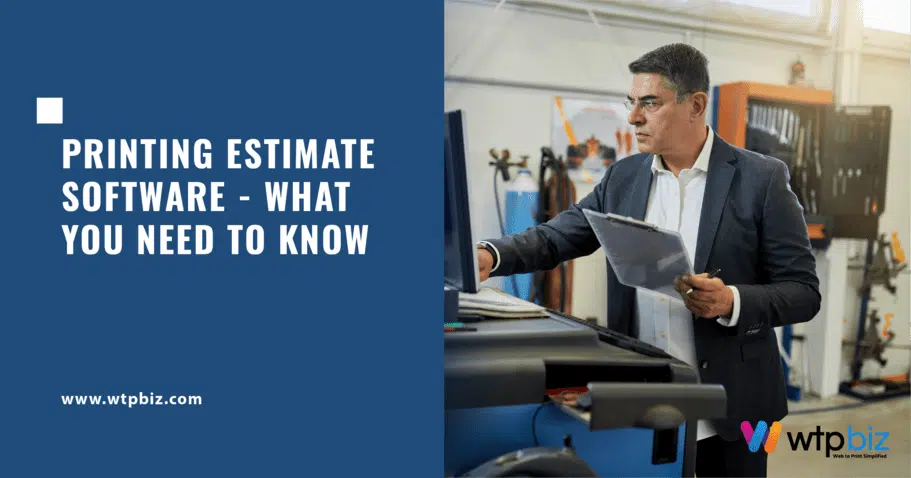Packaging Industry Trends– What’s New in 2023?
To make any specific packaging of product more brand, consumer, and eco-friendly, the overall industry concerning packaging is adopting best as well as sustainable solutions.
Active packaging, the internet of packaging, as well as nanotechnology usage are three important packaging industry trends that enable smart packaging.
But as the coronavirus pandemic has restricted people in their homes, online shopping packaging poses a severe waste production concern.
As a result, biodegradable, recyclable, and edible packaging innovations are accelerated by startups and scaleups. Simultaneously, the use of robotic packaging as well as 3D printing streamlines packaging operations and lowers costs for different consumer products.
Top Packaging Industry Trends To Know About
Internet Of Packaging
Traditional packaging is technologically disrupted by the internet of packaging, which allows customers to better communicate with brands. Smart labels, QR codes, RFID, and Near Field Communication (NFC) chips are all used in smart packaging.
These cutting-edge technologies integrate authentication, security, as well as connectivity to the product packaging, transforming it into a digital tool and data carrier.
Businesses may engage with their customers by providing them with a variety of product ranges, video instructions, and discount codes through augmented reality packaging.
In addition, internet of things sensors as well as gadgets enable brands to incorporate diagnostic as well as indicator functions into their packaging. So, the customers will be able to see the state of the product in real-time as a result of this.
Biodegradable Packaging
Since the early twentieth century, plastic has been the most widely used packaging material; yet its slow decomposition rate has resulted in severe environmental issues.
Consumers are demanding eco-friendly packaging as they become more concerned about the negative outcomes of plastic packaging especially single-use. Biodegradable packaging and films are gaining popularity as viable alternatives for standard plastic packaging.
In the packaging sector, cellulose, starch, PLA, polyhydroxyalkanoates (PHA), polyhydroxybutyrate (PHB), as well as other biopolymers, are used.
Plant-based packaging made from coconut, sugarcane, corn starch, and hemp can also be used to substitute plastic packaging. Also, these solutions are cost-effective for companies who want to implement and lessen the overall environmental impact.
Digital Printing
The overall process of printing on specific packaging is fraught with a lot of challenges, including lack of precision, poor color quality, as well as expensive labor expenses. It allows for digital printing to be used to reinvent the process, making it one of the most important packaging industry developments.
The best part is that it does require the involvement of separate plates for distinct prints, unlike standard offset or flexo printing procedures.
In digital printing, all of the content is printed in a single pass, which saves time. Modern digital printing has a low environmental impact since it eradicates the need for prepress techniques or supplementary labeling, resulting in less waste as well as lower inventory needs.
Furthermore, because digital printing has a less turnaround time and more design freedom. It allows firms to create customized packaging for distinct subgroups of customers.
Direct thermal printing, is a new printing process that makes use of thermal imaging to print labels and flexible packaging without the need for inks.
Automated Packaging
Productivity, precision, as well as quality control, are three main challenges associated with the packaging. Pick as well as place, sealing, depanning, packing, filling, labeling, and palletizing are all examples of packaging procedures that are being automated.
Packaging automation with grippers as well as robotic arms removes human mistakes while also ensuring the safe and secure handling of sensitive products.
Ultimately, start-ups create vision systems powered by artificial intelligence which contributes to take photographs of finished goods and determine whether the packing fulfills the set guidelines or not.
These robots (vision-assisted) are mainly used to boost overall productivity by automating operations such as quality control, product sorting, and inspection.
Active Packaging
1/3rd of all food produced for the consumption of human beings is wasted universally, according to the FAO or Food and Agriculture Organization. Food waste is a major issue that needs to be addressed, as businesses often lose a lot of money as a result of it.
In this regard, active packaging is a popular innovation that is used to extend product shelf life. This thing has major uses in the beverage, food, cosmetics, as well as pharma industries.
Modified atmospheric packing, for example, keeps food fresh by using oxygen or ethylene absorbers and moisture controllers. Antimicrobial compounds are released by active packaging to prevent bacterial growth in the product.
Custom Packaging
The aesthetic of a product is quite important in enticing customers. As a result, the packaging is just as important as the product, as it is a vital marketing tool for firms. Brands should focus on making their packaging appealing. Eventually, this helps to boost sales.
You should focus on making the unboxing experience more personalized and distinctive. This is essential for making a lasting impression on customers and encouraging them to come back to the business.
Packaging That Can Be Recycled
As many nations have banned single-use plastic, firms must explore alternative materials for product packaging to comply with the requirements.
Most firms find it difficult to adopt sustainable packaging, although the usage of recyclable supplies is one of the trends that aid in the adoption of circular packaging practices.
PCR or Post-consumer resins, for example, are packaging materials (recyclable) made from post-consumer waste. Apart from that, since mono-material are easily recyclable, start-ups produce mono-material packaging rather than multi-layer packaging.
Edible Packaging
As packaging contributes significantly to the production of solid waste.
It is considered to be the major reason, why, both businesses, as well as consumers, have shifted their packaging to be more sustainable way over the last decade.
Businesses must choose packaging which fulfills this essential functionality while also reducing or eliminating solid waste.
So, this is considered to be a game-changing packaging trend that solves problems while also closing the loop for packaging. Packaging produced from milk protein, utilized as casein film across various food products, is a good example of this thing.
When compared to plastic, these films do a better job of keeping food fresh. Start-ups that provide edible straws, spoons, or other items give cafes, restaurants, and ice cream parlors an alternative to plastic.
Final Thoughts
These top trends in the packaging industry are bringing about new changes in the overall industry. Packaging of the product will soon include sophisticated functionality in addition to its primary function.
The packaging business will be transformed by developments such as color-changing packaging, LED-embedded illumination packaging, and oxygen and moisture scavengers.
Subscription-based solutions for returnable or refillable packaging will also help to lower waste as well as eliminate plastics (single-use). Furthermore, the usage of sustainable inks for printing, like water-based inks, soy ink, and UV inks, will become more common.
According to reports, the packaging industry trends & start-ups merely scratch the surface of trends we discovered throughout our extensive investigation. Smart packaging, interactive packaging, and personalized packaging, among other things, will change the industry in the upcoming future times.
Early identification of new prospects as well as developing know-how to incorporate them into your organization can help you acquire a competitive advantage.
